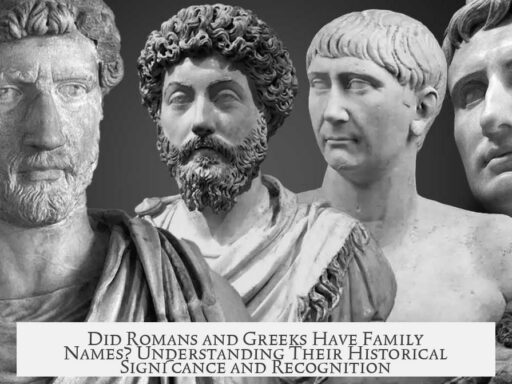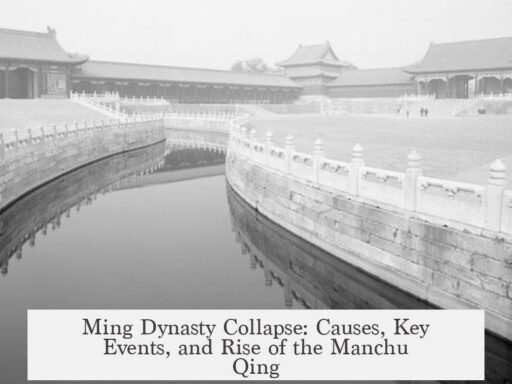The Emancipation Proclamation legally freed slaves in Confederate-controlled areas, declared them free by the United States, and shifted the Civil War’s objective toward ending slavery. This declaration applied only to states rebelling against the Union, where the U.S. government had no direct control at that time. Its practical effect depended on Union military advances to enforce freedom in those regions.
The Proclamation clarified the status of escaped slaves—often called “contrabands”—who fled to Union lines. Before the Proclamation, their freedom was uncertain. It granted them recognized legal freedom as Union forces progressed into the South. For instance, tens of thousands of escaped slaves had already gathered in Union-occupied areas like North Carolina and South Carolina.
Moreover, the Proclamation encouraged more slaves to escape, knowing freedom awaited them if they reached Union territory. This incentive weakened the Southern labor system, contributing to the Confederacy’s internal struggles during the war.
On the international stage, the Proclamation affected foreign relations by discouraging European powers from supporting the Confederacy. Prior to it, countries such as Britain and France considered recognizing the South. However, President Lincoln framed the conflict as a fight against slavery, making it politically difficult for foreign governments to back a slave-holding rebellion.
Additionally, the document provided the Union with a clear moral purpose. While some Northern citizens opposed turning the war into a battle over slavery, the majority of Union soldiers found renewed motivation fighting for emancipation. This shift reinforced public support and soldier morale, presenting the war as a struggle for human liberty rather than just preserving the Union.
- The Emancipation Proclamation freed slaves only in Confederate areas, effective upon Union control.
- It legally recognized escaped slaves as free and encouraged more to flee bondage.
- The proclamation deterred European powers from supporting the Confederacy.
- It gave the North a moral cause to fight slavery and boost soldier morale.
Can Someone Explain Exactly What the Emancipation Proclamation Did?

Put simply, the Emancipation Proclamation legally declared slaves free in Confederate-controlled territories, but only where the Union had yet to assert control, making its immediate impact more symbolic than practical. It was, in essence, a powerful legal statement with real teeth biting only after Union forces advanced into the South.
Sounds straightforward, right? But the Emancipation Proclamation was a bit like sending a “you’re invited” card with the caveat “only if we win the party.” Let’s unpack this curious document a bit more.
Legal Freedom for Slaves in Rebel Lands (But With a Catch)
Issued by President Abraham Lincoln on January 1, 1863, the Emancipation Proclamation declared all slaves in the Confederate states “forever free.” However, here’s the kicker: these were precisely the areas not under Union control at that time. So, the proclamation’s power was symbolic until Union armies could enforce it by conquering those territories.
Think of it like a rule saying, “You’re allowed in the park,” announced while the park gates are still locked and guarded by unfriendly neighbors. The slaves themselves remained in bondage unless Union soldiers showed up to unlock those gates.
Had the North lost the war, this document would have been worthless paper. Just like the Declaration of Independence declared separation from Britain without immediate change, its real effect depended on winning the fight.
Defining the Status of ‘Contrabands’—Escaped Slaves
Before the proclamation, there was confusion around slaves who managed to escape to Union lines. Were they free? Did the Union have to send them back? Quite the legal headache. The proclamation cleared that up neatly by declaring these escaped slaves legally free.
At the time, about 10,000 escaped slaves (called “contrabands”) were in Union-held North Carolina alone. There were approximately 20,000 more in South Carolina, plus many others scattered across the Southern states under Union influence.
By officially recognizing these escaped slaves as free persons, the proclamation set a precedent and gave hope to many who saw freedom as a tangible goal rather than a distant dream.
Encouraging Slaves to Seek Freedom

One lesser-known but crucial effect of the proclamation was its role as a beacon to enslaved people. It was an invitation: run! Freedom is promised if you can reach Union lines.
This announcement rocked the Southern labor system. Slaves saw a new opportunity to escape, weakening the Confederate economy and war effort, which heavily depended on enslaved labor.
So, in a way, the proclamation was a psychological weapon against the South. It encouraged slaves to embrace danger and flee, knowing the Union stood behind their claim to liberty.
Shifting the Eyes of Europe Away from the Confederacy
Before the proclamation, some European powers hesitated about whether to recognize or support the Confederacy. They saw the South as a potential independent nation worth backing.
But Lincoln’s move changed the narrative completely. The Civil War now wasn’t just about territory or politics; it was about slavery—a deeply controversial issue in Europe.
European countries, particularly Britain and France, were wary of openly supporting a slave-holding rebellion. The proclamation effectively turned global sentiment against the South, blocking the Confederacy from gaining influential allies.
Providing a Moral Purpose for the Union
At its heart, the Emancipation Proclamation transformed the Civil War from a struggle over preserving the Union into a crusade for human freedom.
This shift was not without controversy. Some Northern lawmakers condemned Lincoln for changing the war’s focus to abolishing slavery rather than merely reunifying the country.
Yet, for many Union soldiers and citizens, the proclamation gave the war a powerful moral dimension. Fighting to end slavery made the cause larger than politics or physical geography—it became about justice and human dignity.
This helped boost morale among troops who saw themselves as liberators, not just soldiers aiming to bring back rebellious states.
In Summary: Why Does the Emancipation Proclamation Matter?

- It legally freed slaves in Confederate regions—but only where Union armies could enforce it.
- Provided legal freedom to escaped slaves, clarifying their status and boosting hope.
- Encouraged enslaved people to escape, damaging the Confederate war machine from within.
- Shifted international opinion by making the war about slavery, blocking European support for the South.
- Gave the Union a moral cause, energizing soldiers and many Northerners to fight for freedom.
The Emancipation Proclamation is a prime example of how law and symbolism can become weapons in war. Though its immediate effects were limited by military realities, it set the stage for total abolition, changed the political landscape at home and abroad, and redefined the meaning of the American Civil War.
Still curious?
Think about how a presidential order with no teeth until backed by military power can function. How does an idea precede action in history? And isn’t it fascinating that a single document could ripple outwards, influencing politics, society, and international relations all at once?
History loves to remind us: sometimes, the pen’s power waits for the sword’s success. Lincoln’s proclamation was one bold signature with consequences echoing well beyond the battlefield.




